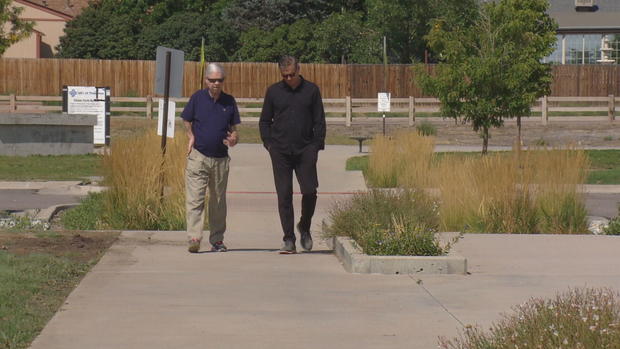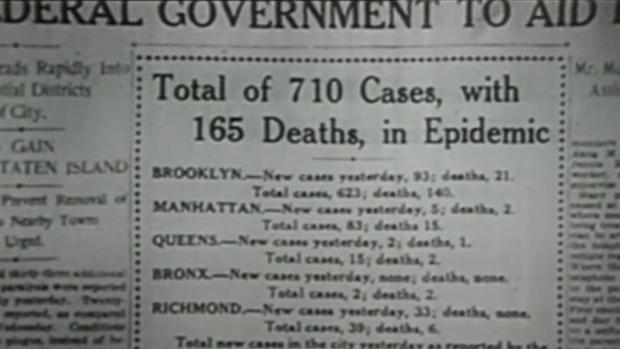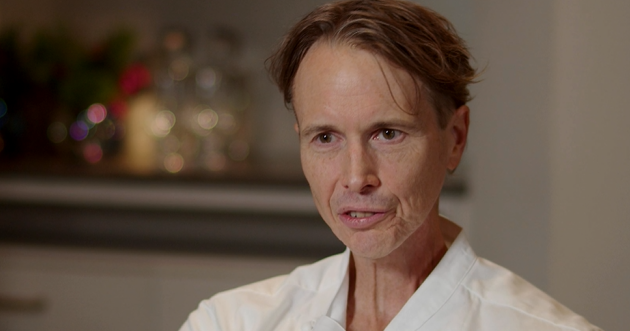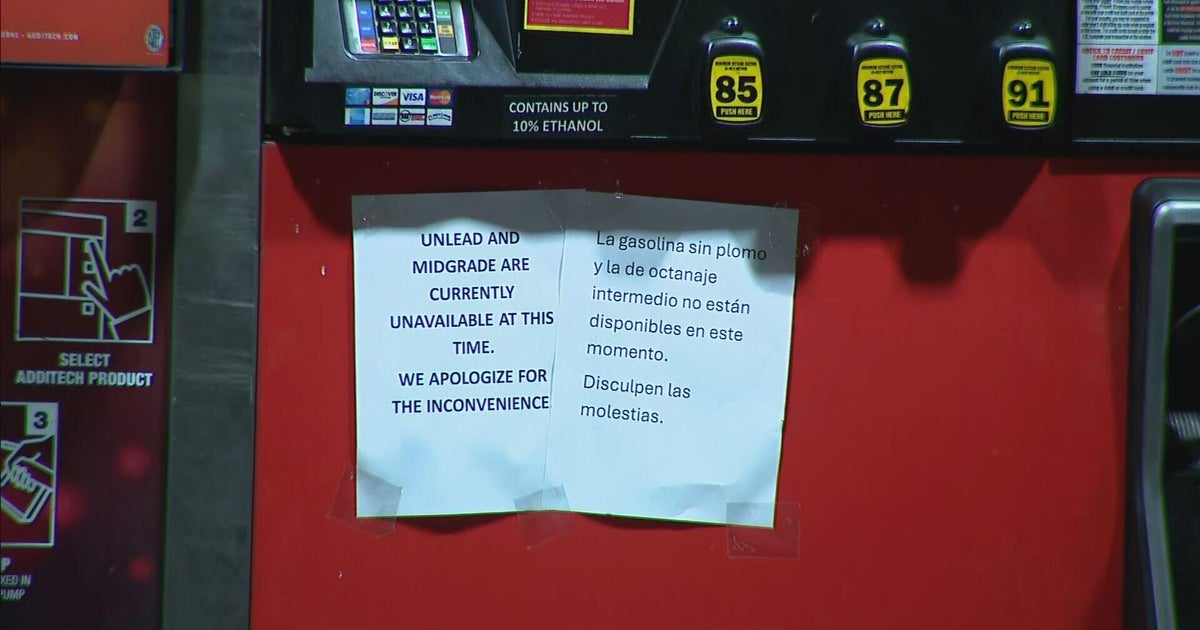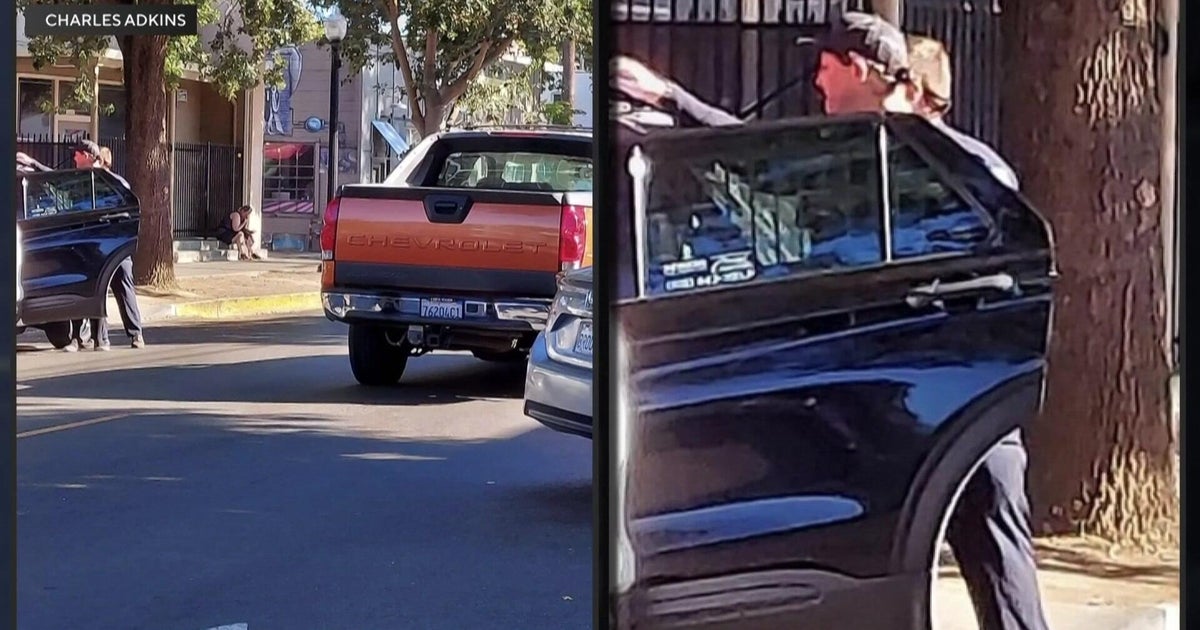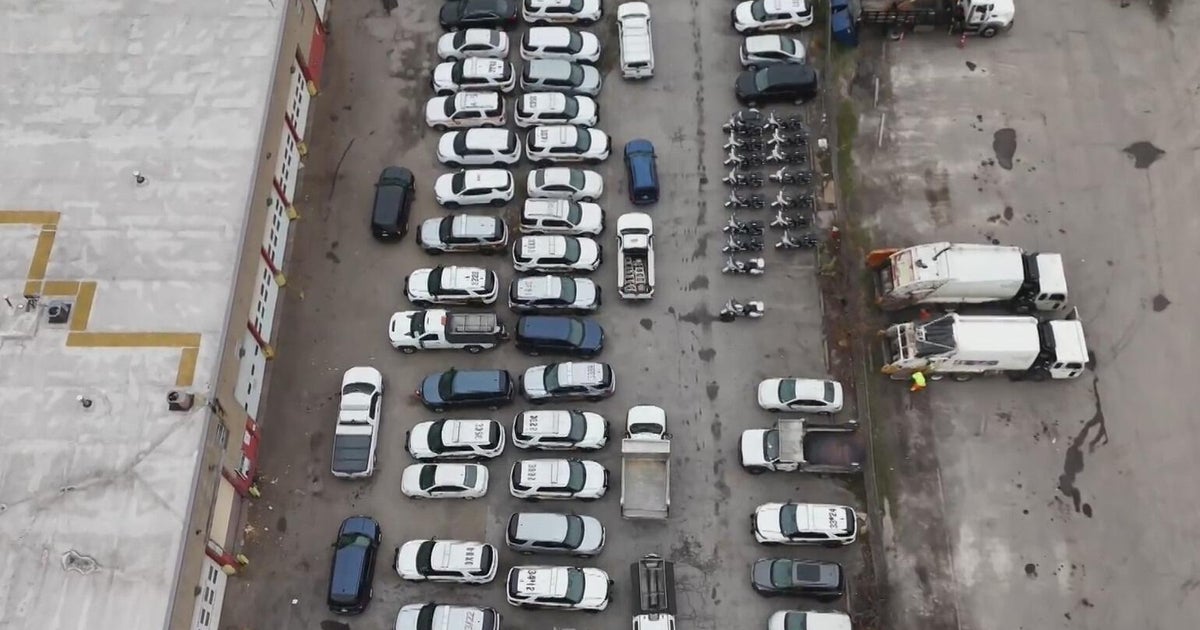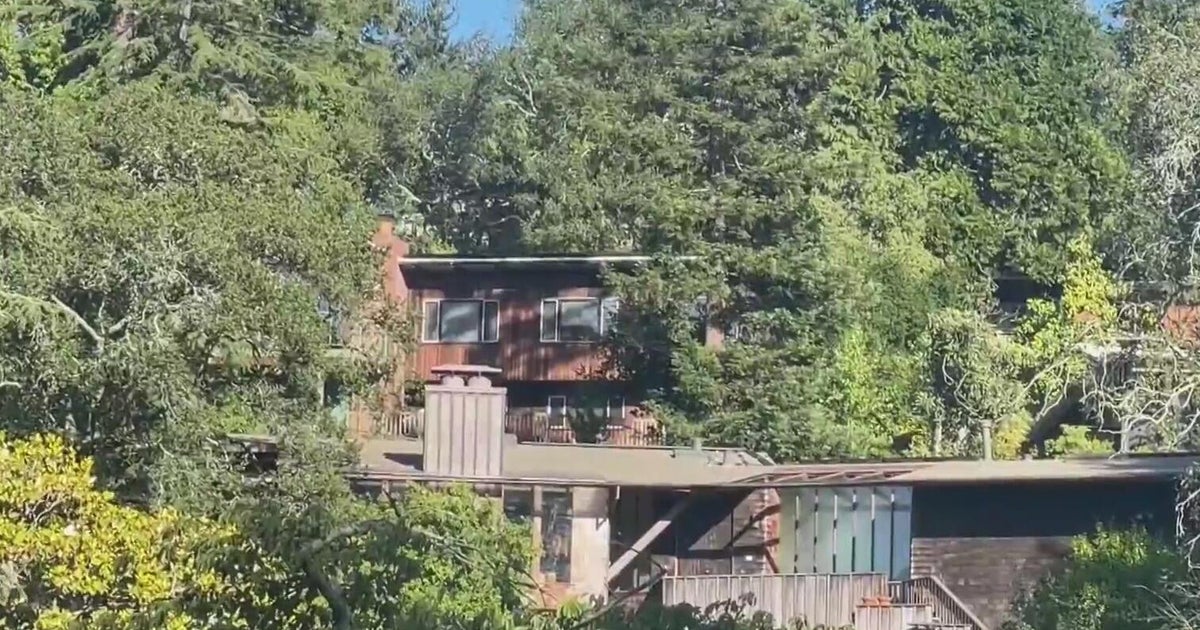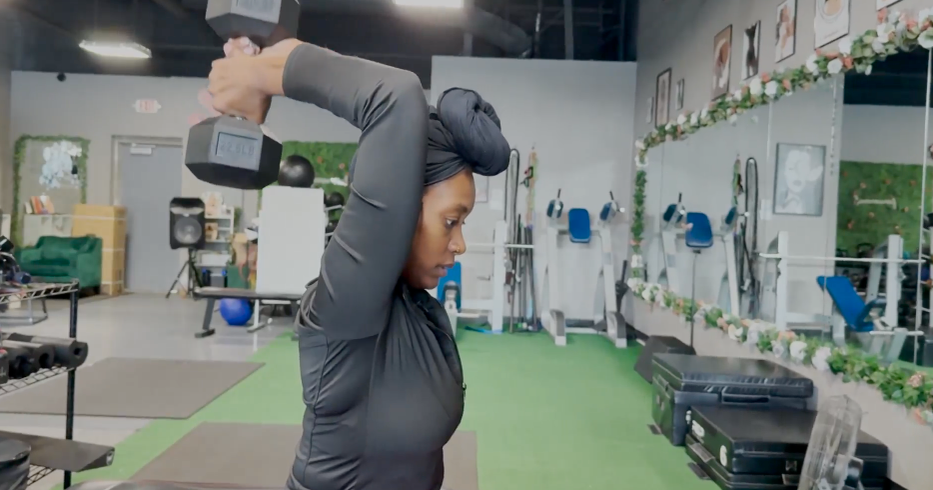Colorado Polio Survivor Reflects On Lifelong Disease & COVID Vaccines Now
THORNTON, Colo. (CBS4) - At 72 years old, Jim Carr is a survivor. Sickened by polio at the age of 3, he survived months in an iron lung. While he says he can still get claustrophobic, he was young and the memories are mostly gone.
"In the hospital, it's probably a good thing I don't remember a lot of that," he said. "I can assure you it was a lot harder on my parents than it was on me at the time."
Polio was surging in 1952 when Jim was hit. America and the world were hoping for an answer to a disease that had been around for many decades. It had sent President Franklin Delano Roosevelt to a wheelchair, and it hit many children.
"There was a lot of fear. There was nothing they could do at the time to prevent it, you couldn't hide from it," he explained.
Three thousand people died that year. Many were children who could not breathe. Doctors would come out of the rooms with the iron lungs to break the news.
"My mom told me that whenever they would come up and visit they always had this nervous anticipation that I hope he's still alive," Jim said.
As he recovered, work toward a vaccine progressed rapidly. By 1955, a vaccine developed by Dr. Jonas Salk was approved for use. It was too late to prevent the problems it caused Jim.
"My right arm is paralyzed. My upper left arm is paralyzed. My neck, shoulders, chest, my whole upper body is weak, and it also affected my left leg. I have no quadriceps in my left leg."
He credits his parents with treating him like his siblings. When it was his turn to mow the lawn outside their Michigan home, he did it. Later when he moved to Colorado, he continued with his can-do attitude and took up skiing. He played tennis, climbed mountains, including Longs Peak and Mt. Massive.
Only in his 50s did polio again take him down a notch with a complication known as post-polio syndrome. It is a frequent problem for people 30 to 50 years after their polio, causing additional weakness and disability.
With his past breathing problems, when COVID vaccines became available, Jim sought one right away. Thinking back, he wishes he could have been vaccinated for polio.
"Unfortunately the vaccine wasn't available, but that's just the way it was at the time."
Now he listens to disagreements over vaccination and tries to understand.
"There's so much confusion on it, and it's like us against them, them against us and all this division. It seems like it should be a lot simpler, a lot easier, a lot less confusing."
In the 50s there were concerns about the polio vaccine. In fact there were early production problems that led to some problems. Government regulators stepped in to make improvements and the vaccinations continued.
While some were concerned about the polio vaccine, the lines were not political.
"Everything seems to be that way these days you know, not just vaccines, but a lot of issues. It just doesn't make sense to me at all," said Jim. He thinks vaccines aren't for everyone, particularly if they have medical issues.
"I do believe in people's choices. Like I said, I am totally vaccinated, and I will get booster shots when they come out."
He hopes people on the fence about vaccination will do an exercise.
"Put down 'Yes, why do I want to take a vaccine' or 'No, why do I not want to take a vaccine' to try to make sense of what you're thinking." Then seek good information.
These days Jim helps others with post-polio syndrome. It's an act of helping others, like vaccination.
"I think we're really close. I think a lot of people's eyes have opened up now and I feel like I hear people in the hospital saying jeez I wish I had that COVID vaccination when I had the opportunity."
Had there been a vaccine available before he got ill in the early 50s he wondered.
"How would life have been different for me if the vaccine was available in 1952? I know it would have been a lot different, but it doesn't mean it would have been better," he says about the life he treasures.
